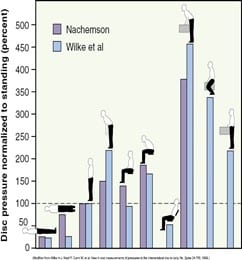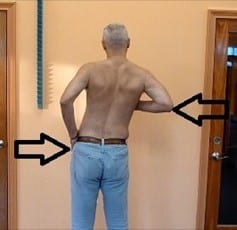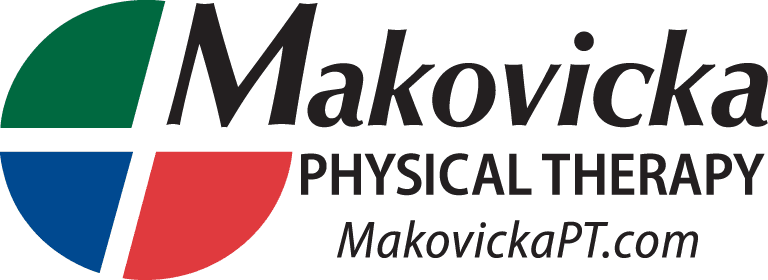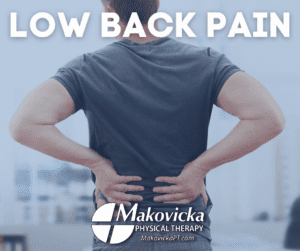Low back pain (LBP) is a prominent problem in developed nations. It has or will affect most of us at some point in time. The current estimate is that eighty percent of people will experience back pain at least once. LBP is the largest cause of disability worldwide. It is also important to note that six percent of LBP patients consume more than fifty percent of the cost. Below, you will find answers to common questions about low back pain.
What causes back pain?
Most cases of back pain are mechanical and not caused by serious conditions such as infection, fracture or cancer. This means the cause usually has something to do with the way we move and how our body responds to the stress applied to it. Mechanical LBP can also be caused by change to the bone or other structures present in the spine.
Are there different kinds of low back pain?
Yes, there are two types:
Acute: Pain that lasts a few days to a few weeks. Most LBP is acute and will resolve on its own within a few days. With the correct care, there will be no residual loss of function.
Chronic: This is defined as pain that continues for 12 weeks or more. About twenty percent of people with acute LBP develop chronic LBP with persistent symptoms at one year.
What are the risk factors for developing low back pain?
There are many factors that can contribute to LBP
- Jobs that require heavy repeated lifting (enhanced risk with heavy loaded twisting motions)
- Prolonged sitting
- Exposure to vibration such as vehicles or industrial machinery
- Smoking
- Sports such as gymnastics, tennis and cross-country skiing
- Age, BMI and activity level
- Higher prevalence in females
What puts the most stress on my back?
Certain positions may reduce pressure put upon the spine while others greatly enhance it. Look below to see positions that increase the pressure on your low back.

Can my back “go out?”
The majority of time your back does not “go out.” In certain cases, the spine may shift to the side as seen below but this accounts for a VERY small percentage of LBP cases. In cases where pain develops right away, lower back pain tends to be a simple sprain or strain of the low back. Sprains and strains are frequently preceded by heavy lifting or excess strain to the back. For example, bending over for too long at just the “right” angle.

Why do I read about back or spine adjustments?
Spinal “adjustments” can be misconstrued as the actual changing of the position of the spine. This is not the case. The proper term for this technique should be “spinal manipulation.” When performed, the sound you hear is cavitation, or a “pop” similar to if you cracked your knuckle. This technique is commonly performed by chiropractors and physical therapists. It can be used in providing short-term pain relief, but it is best used in conjunction with exercises provided by your health professional.
What if my MRI says I have a bulged disc?
MRI findings of bulged discs are commonly seen in individuals with and WITHOUT low back pain. Some studies show that up to ninety percent of healthy individuals over the age of sixty are found to have bulging discs on MRI.
How can physical therapy help my low back pain?
Physical therapists are trained professionals in the examination and classification of low back pain. There are many causes for LBP that a physical therapist will be able to recognize. They can then prescribe appropriate treatment based on findings of the examination. Relief is commonly seen with a combination of core strengthening, manual therapy and cardiovascular exercise. Heat or ice may be beneficial as well. Heat will be more successful in the treatment of chronic injuries. It is also important to maintain good posture and lift with proper body mechanics!

